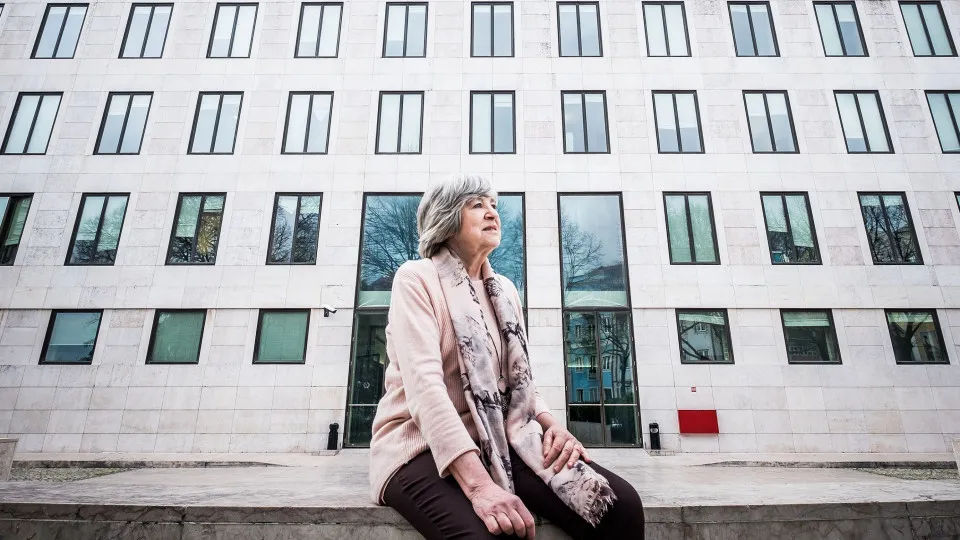
“The idea that voter groups can nominate independents is a good one, it remains, and therefore, it’s assured. Now, the problem is that after, in the exercise of the mandate, when one is elected, we have many difficulties because the law does not foresee what happens to the group of citizen voters after electing people. In other words, we are elected, but we have no status,” she emphasized in an interview.
In 2007, Helena Roseta founded Citizens for Lisbon, a group of citizen voters (GCE) that elected two councilors in the capital that year and continues in the executive in the current term, now elected on the PS/Livre lists. Nearly two decades later, the former mayor argues that these independent movements are “an idea that needs to be improved and reviewed.”
“People mobilize to elect […] and then, the members of that list are each an independent person and cannot work together. It makes no [sense]. It gives the idea that independence is only at the moment of collecting signatures to present the candidacy and then it’s over. And we never saw it that way. We saw it as a commitment to the people who supported us,” she recalled.
For the former president of the Lisbon Municipal Assembly and Cascais City Council, GCEs have “a commitment with thousands of signatures collected to be elected,” so it is “incomprehensible that they disband on the day of the electoral act and cannot integrate coalitions.”
“There is a commitment legitimized by the Constitution and the law that allows that group of people to represent a certain part of the electorate, and then this is not recognized,” she lamented.
According to the 77-year-old architect, it is necessary to reflect simultaneously on GCEs, which allow for a “more participative, more collaborative way of working,” and on “the organization of political parties, which also need to open up.”
“I think that GCEs respond more to this need for a more collaborative and ‘bottom-up’ approach that society demands today. Political parties represent more the traditional form of organization, they have the advantage of being more stable, have programs that are approved and last for years, etc. Groups of citizens are formed and dissolved, they are more unstable, but both forms of citizen participation are legitimate,” she emphasized.
Roseta believes that “both have to evolve into something new that incorporates both aspects,” favoring the “collaborative dynamic” over the competitive aspect installed in parties.
“We have here the birth pains of new moments of a different democracy that we advocate. A more participative democracy, as our Constitution allows and proclaims, and more open, involves reforming the parties themselves, which need to leave the 20th century behind and move into the 21st century,” she declared.
Noting that “there is a certain party monopoly over political power,” the former deputy—elected several times to parliament for the districts of Lisbon, Setúbal, Porto, and Coimbra, initially by the PSD and later by the PS—argues that there are various “situations in matters of participative democracy that need to be reviewed.”
“What I tried to do was to move in that direction, which I believe is a future direction, but evidently with many difficulties,” she concluded.




